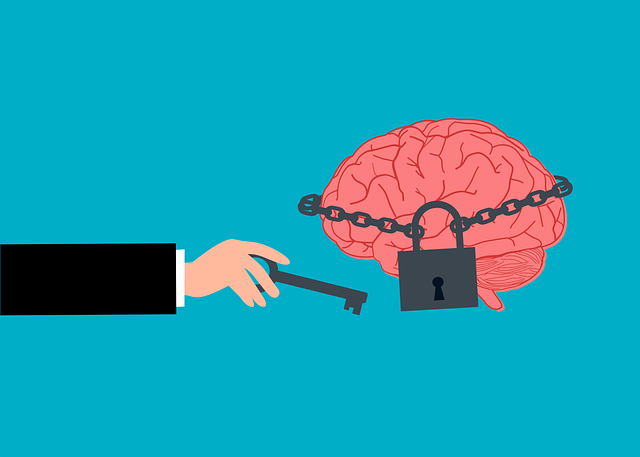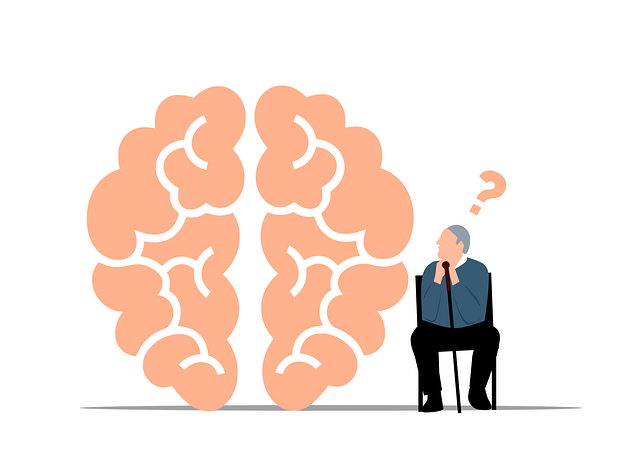Lafayette Relationship Issues Therapy (LRIT) advocates for digital solutions to address modern mental health challenges, particularly anxiety relief and burnout prevention. Their app focuses on personalized therapy sessions tailored to unique relationship dynamics, offering interactive dialogue prompts, safe space chat forums, daily affirmations, reflection exercises, and progress tracking. LRIT combines evidence-based practices with engaging interfaces to support couples in healthier relationships. As the app's popularity grows, ethical considerations regarding user privacy become crucial, requiring robust data protection measures like end-to-end encryption, transparency, clear policies on third-party access, and user consent. Additionally, burnout prevention strategies for healthcare providers are essential to maintain high-quality care.
Mental wellness apps are transforming the way we approach therapy, offering accessible digital solutions for various mental health challenges. This article explores the development of a Lafayette Relationship Issues Therapy app, delving into key features that cater to couples seeking support. We discuss ethical considerations and the paramount importance of user privacy in therapy apps, ensuring a secure environment for vulnerable users. By understanding the unique needs of couples facing relationship issues, developers can create impactful digital tools.
- Understanding Mental Health and the Need for Digital Solutions
- Developing Effective Features for a Lafayette Relationship Issues Therapy App
- Ethical Considerations and Ensuring User Privacy in Therapy Apps
Understanding Mental Health and the Need for Digital Solutions

In today’s fast-paced world, mental wellness is a pressing concern for many individuals grappling with various challenges, including anxiety relief and burnout prevention. Lafayette Relationship Issues Therapy highlights the growing need for accessible and effective digital solutions to support mental health. With an increasing understanding of the complex interplay between mental health and overall well-being, there is a growing recognition that traditional therapy methods may not always be suitable or readily available for everyone.
Digital platforms offer a promising avenue to bridge this gap by providing tailored interventions and resources. Developing user-friendly apps focused on mental wellness can significantly impact public awareness campaigns development, making professional support more inclusive and convenient. These applications have the potential to cater to diverse needs, from offering coping strategies for stress and anxiety relief to facilitating mindfulness practices, thereby fostering a healthier and more resilient community.
Developing Effective Features for a Lafayette Relationship Issues Therapy App

Developing a Lafayette Relationship Issues Therapy app requires a deep understanding of users’ needs and the integration of effective features. To cater to the specific challenges that couples face, the app should offer personalized therapy sessions tailored to individual relationship dynamics. Incorporating tools for open communication, such as interactive dialogue prompts and safe space chat forums, can foster honest conversations and strengthen bonds.
Promoting self-esteem improvement and positive thinking is vital through daily affirmations, reflection exercises, and progress tracking. Encouraging users to build a consistent self-care routine development for better mental health further enhances the app’s value. By combining evidence-based practices with engaging interfaces, the Lafayette Relationship Issues Therapy app can become a powerful tool for couples seeking healthier, happier relationships.
Ethical Considerations and Ensuring User Privacy in Therapy Apps

As mental wellness apps gain popularity, it’s crucial to address ethical considerations and ensure user privacy in therapy apps like Lafayette Relationship Issues Therapy. Developers must adhere to strict data protection regulations to safeguard sensitive information shared by users seeking support for anxiety relief or other mental health challenges. Transparency about data collection, storage, and usage is essential to building trust with users.
Privacy measures should include end-to-end encryption, secure data storage, and clear policies on third-party access. Mental wellness coaching programs development should prioritize user consent and provide options for anonymizing data. Additionally, burnout prevention strategies for healthcare providers involved in app creation or delivery are vital to maintaining high-quality care and preventing professional exhaustion.
The development of mental wellness apps, such as Lafayette Relationship Issues Therapy solutions, presents a promising avenue for addressing growing mental health concerns. By incorporating tailored features and adhering to strict ethical guidelines, these applications can significantly enhance access to therapy and improve user outcomes. As the digital landscape continues to evolve, prioritizing user privacy and fostering innovative approaches to mental health support will be key to creating impactful and responsible Lafayette Relationship Issues Therapy apps.














